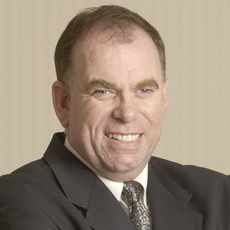
Did you hear the one about life’s great lies? Here’s part of the punch line: “I’m from the government and I came to help you.”
Providers familiar with the joke may have experienced a vague sense of déjà vu last week when the White House made this announcement: They are launching a healthcare reform website for business owners.
The new site responds to complaints by nursing home operators and others that pending Affordable Care Act requirements are all but impossible to understand.
So that providers can be properly informed, the Health Care Wizard will allow them to select the state they operate in, the number of full-time employees, and whether they now offer insurance. In response, the site will spell out compliance requirements. And in case you are wondering, you can also use the site to calculate any penalties you might be incurring.
The feds also promise to update the site as changes come along. From the looks of things, that web team could be putting in a lot of overtime.
Just a few weeks ago, the Obama administration announced it would delay implementation of the Employer Shared Responsibility Payment, which requires businesses to pay a fine should they fail to provide the minimum mandated coverage. For now, the rule has been pushed back until 2015 — at least.
Another hurdle might be how soon as the Health Insurance Marketplaces will be fully in place. Current rules call for these state-level competitive exchanges to open for enrollment on the first day of October. The jury still appears to be out on whether that date might get rolled back as well.
If you’re feeling a bit jittery about getting advice from a “wizard,” you might not be alone. Industry Market Trends recently reported that many businesses are holding off on plans to expand or hire to avoid crossing a 50 full-time-equivalent employee threshold that will subject them to the Employer Shared Responsibility Payment rule.
Most providers have learned to accept the fact that a few eggs will be broken to complete the ACA omelet. It’s the possible egg-on-the-face outcome that has many operators worried. That, and the possibility of racking up many more dollars in new expenses to comply with a plan that promises to make healthcare more “affordable.”




